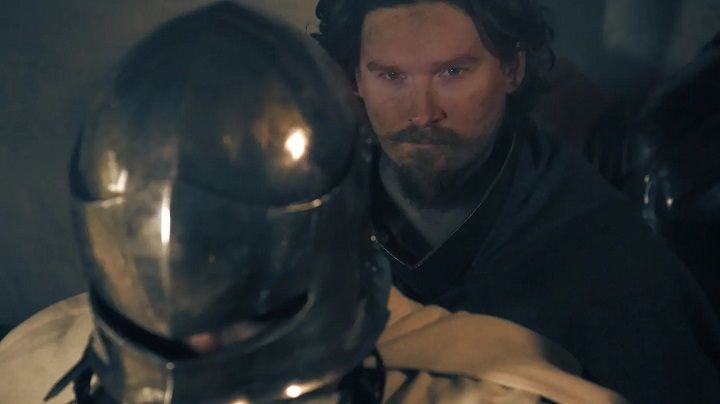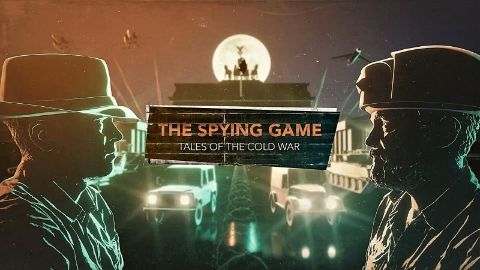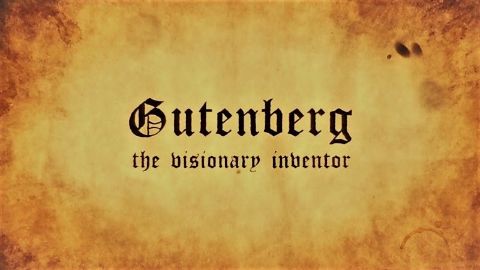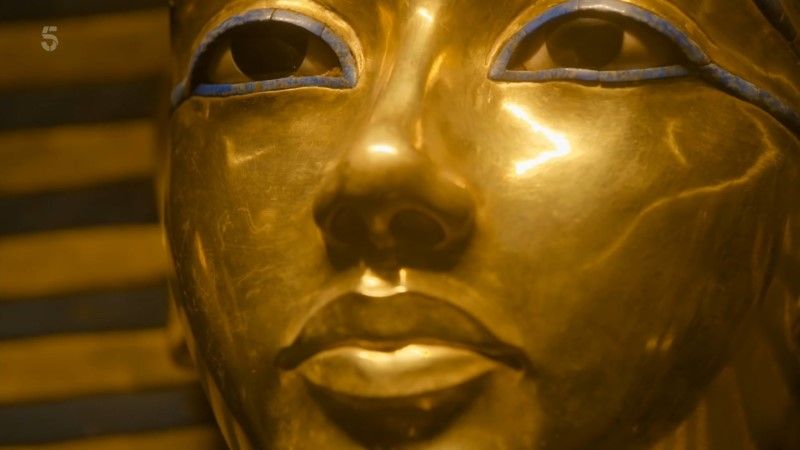The Teutonic Knights • 2019 • episode "S1E2" • The Crusaders
The Teutonic Knights were one of the great chivalric orders that emerged from the Crusades, alongside the Hospitallers and Templars. The Teutonic Knights evolved out of a "fraternity" of German crusaders who took part in the siege of Acre during the Third Crusade. 'Help, defend, Heal' was the motto of the 'Order of Brothers of the German House of Saint Mary in Jerusalem', the Teutonic Order. It was formed to aid Christians on their pilgrimages to the Holy Land and to establish hospitals.
Make a donation
Buy a brother a hot coffee? Or a cold beer?
Hope you're finding these documentaries fascinating and eye-opening. It's just me, working hard behind the scenes to bring you this enriching content.
Running and maintaining a website like this takes time and resources. That's why I'm reaching out to you. If you appreciate what I do and would like to support my efforts, would you consider "buying me a coffee"?
Donation addresses
BTC: bc1q8ldskxh4x9qnddhcrgcun8rtvddeldm2a07r2v
ETH: 0x5CCAAA1afc5c5D814129d99277dDb5A979672116
With your donation through , you can show your appreciation and help me keep this project going. Every contribution, no matter how small, makes a significant impact. It goes directly towards covering server costs.








